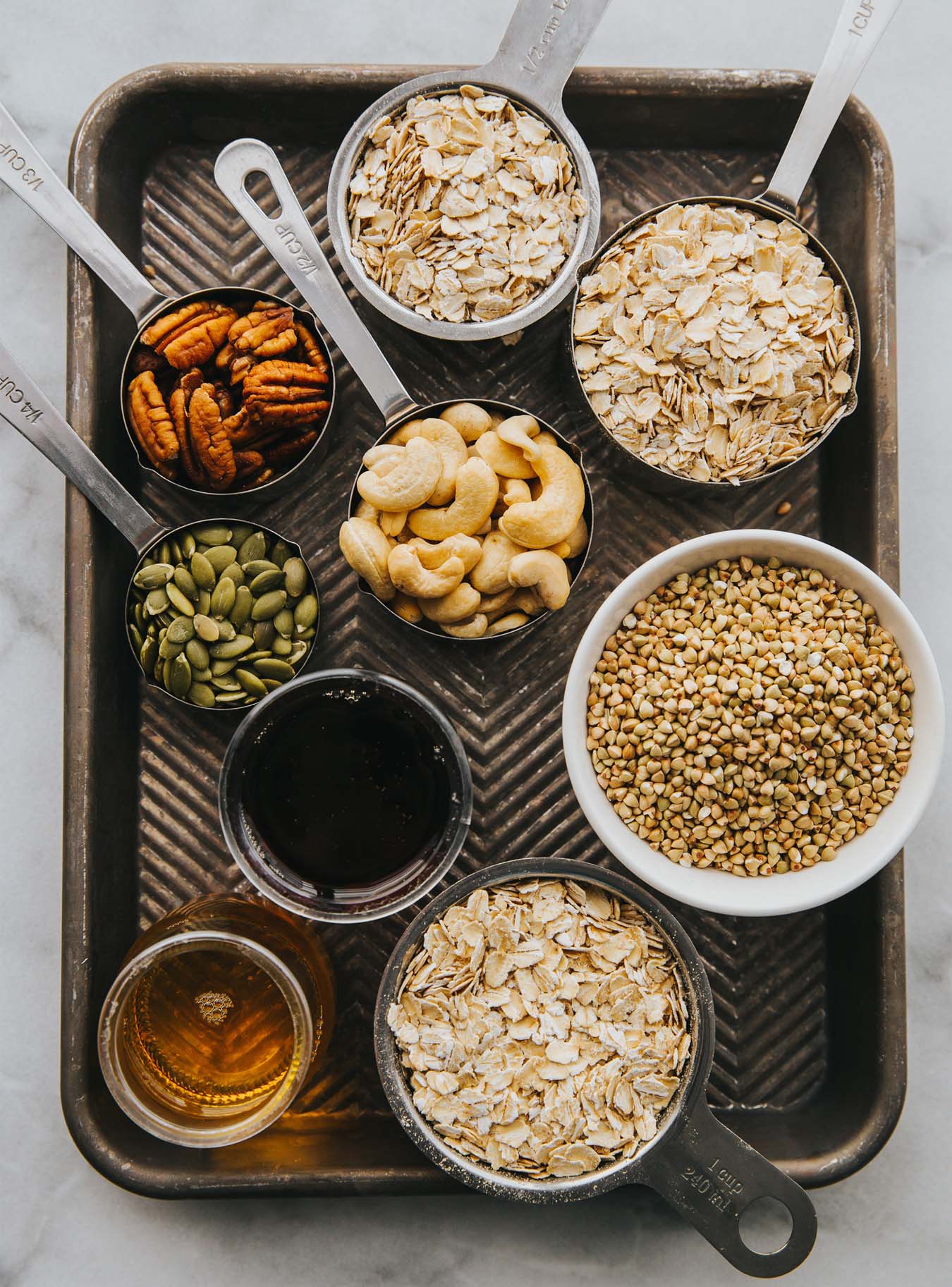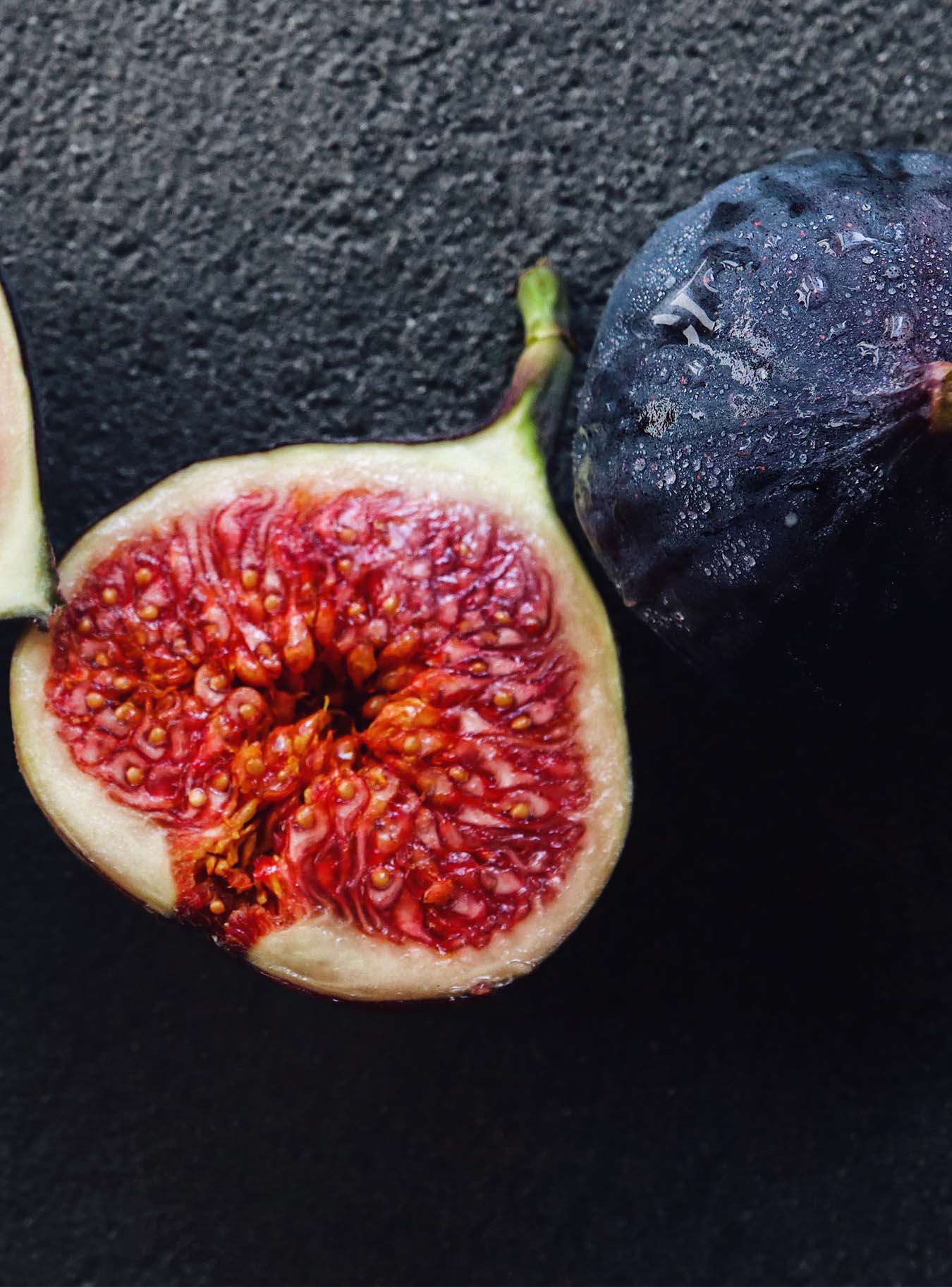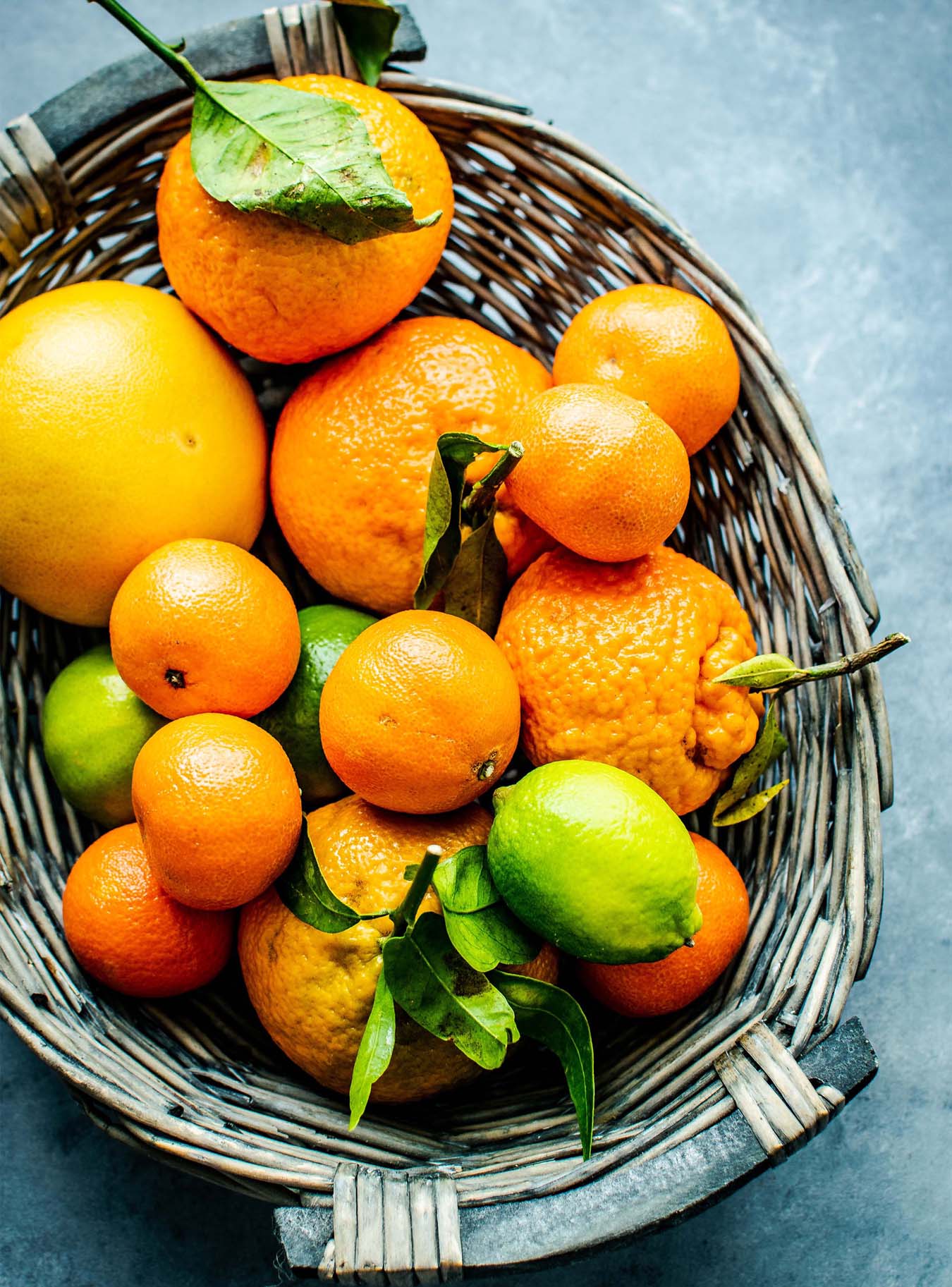BY
We all know times, when we feel stressed, exhausted or depressed and neglect the importance of self-care for our body and mind due to our stressful lifestyle. But especially in these times it is important to take care of our body and mind and listen intensively to its needs to stay balanced and healthy. As the science of life Ayurveda provides some great rituals that – exerted on a daily basis – can help us to feel relaxed and enhance well-being even if we face stressful times. Even if it requires a little discipline at the beginning, it is well worth to implement these rituals in our daily lives and take care of our body and mind with these easy remedies.
DAILY CYCLE
VATA, PITTA and KAPHA – the three doshas (to find out your predominant dosha, you can do the dosha-test here) – not only influence our body type they also affect our mood, our energy level and our digestion. According to Ayurveda, each dosha exerts its influence upon us in four hour increments throughout the day. The understanding of these energies in the daily cycle can help us to make conscious choices about food and activities and to steer our lives into healthful, harmonious directions. So how could we use this knowledge to enhance our well-being, feel good and stay healthy?
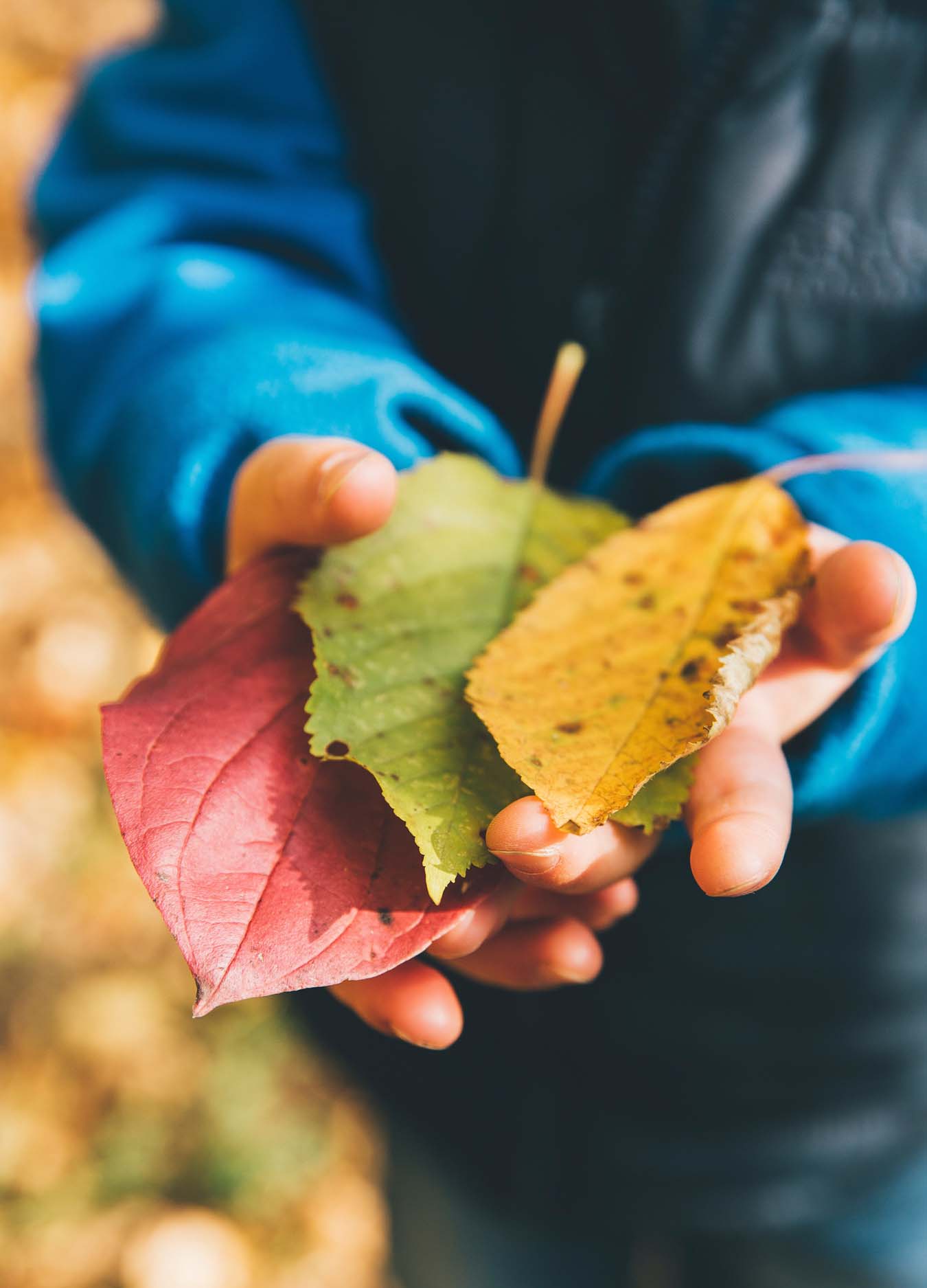
VATA time (2 to 6 am & 2 to 6 pm)
When VATA is predominant in nature the air is full of lightness and movement. That’s why Ayurveda suggests us to get up and practise some nurturing morning routines early in the morning.
In the afternoon VATA supports our creativity and expansive thinking, so we should use this time of the day for creative pursuits and problem solving. If you feel uncomfortable or feelings like anxiety and fear appear make a short break and go for a walk in the fresh air. This will help you to get your mind free and feel better soon.

KAPHA time (6 to 10 am & 6 to 10 pm)
The KAPHA time in the morning is the best time to have a light, nourishing and warm breakfast – best before 8 am – which should be tailored to your prevailing dosha and time of year (you can find suggestions and suitable foods in our previous article). As KAPHA provides us a lot of patience and calmness these early hours of the day are best used for working tasks that require concentration and structure.
When KAPHA time appears again in the evening it is the best time to relax and calm down. Eat a light dinner – best before 7 pm – and engage in calming activities that nourish and soothe your body and mind. Sipping a warm cup of tea, listening to soothing music and enjoying light conversations with beloved ones are relaxing activities that will help you to fall asleep easily and wake up the next morning relaxed and full of energy.
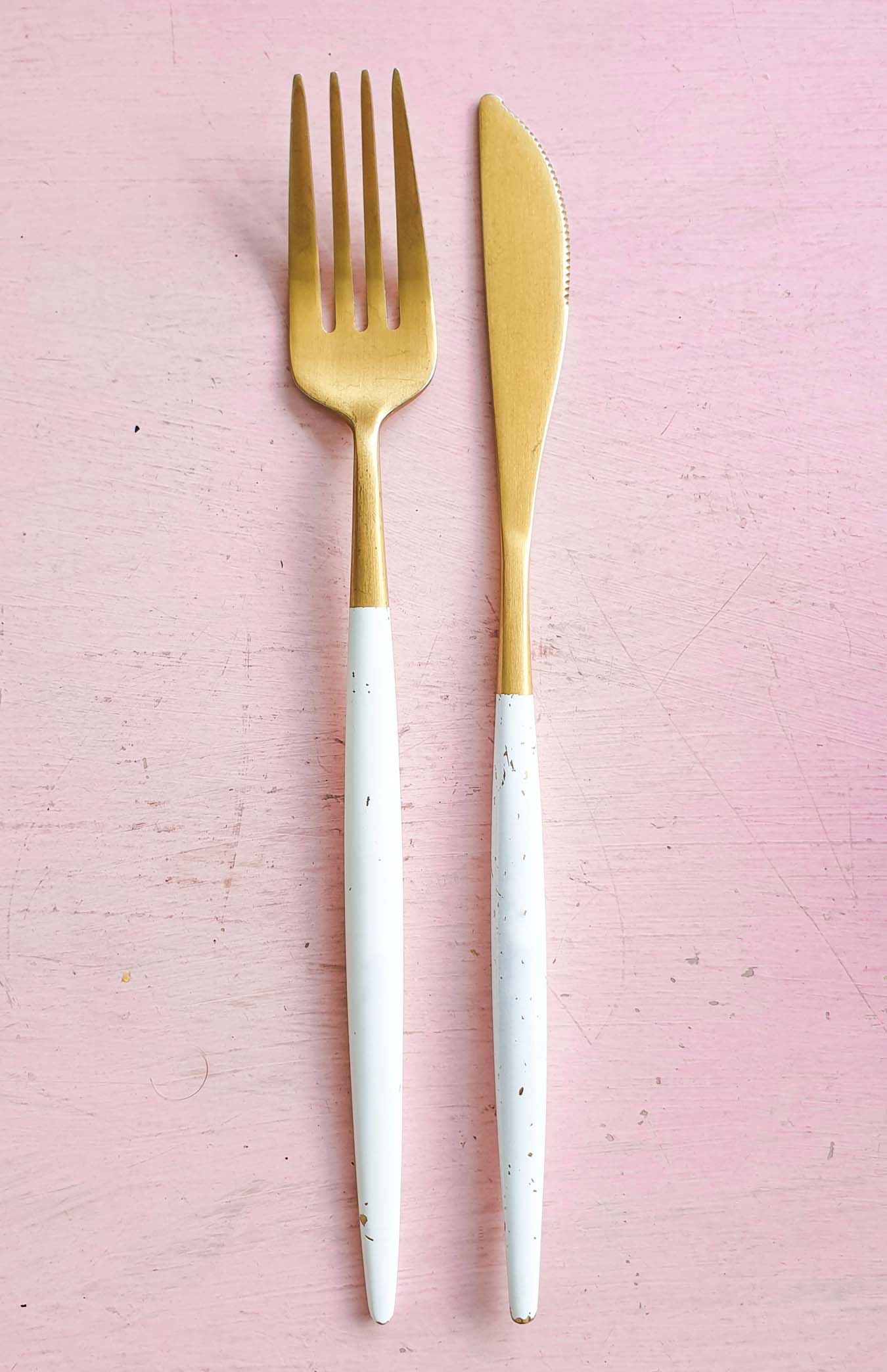
PITTA time (10 am to 2 pm & 10 pm to 2 am)
Since the digestive fire is at the maximum during the PITTA time at noon Ayurveda recommends having the major meal of the day during this time to support optimal digestion. The PITTA time is also a great time to do methodical, detail-oriented work or give someone feedback.
During the PITTA time at night all the food and expressions we took in during the day are digested – it is the time of internal cleansing. That's why becoming active again at this time of the day can lead to restless sleep, nightly food cravings and anger or petulance the next day. So be aware and try to go to bed before 10 pm – your body and mind will be thankful for a good sleep.
MORNING ROUTINES
One of the best ways to enhance our well-being and maintain our health is by starting the day with an Ayurvedic morning routine. Routines help us to stay balanced, regulate our biological clock, aid digestion and generate self-esteem, discipline and happiness. So it is well-worth to try them out and make them into our personal habit. To avoid feeling overwhelmed, you shouldn't try to implement all of them into your daily routine at once – start with one or two and then go further. Even if it sounds like a lot of stress at the beginning you will soon realise the positive impacts on your health and well-being and don't want to miss these rituals anymore.

EARLY AWAKENING
A good day begins early in the morning and so Ayurveda recommends getting up before sunrise between 4:00 and 5:30 am – KAPHA types get by with the least amount of sleep, no more than 6 hours, PITTA types need between 6 to 7 hours and VATA types require the highest amount of sleep with 7 to 8 hours. Since this is the time where VATA is predominant the air is full of lightness and clearness – so it is quite easy to get up and start the day with positive energies and joy.
It is said that sleeping beyond sunrise (waking up during KAPHA time) can lead to dull feelings of the mind, a depressed mood and a lethargic body all day long. Even if you are not used to it and can't imagine you to rise and shine at dawn these early morning awakening will have a massive impact on your health and well-being. Especially in the cold and dark winter months you will see the many positive effects of an early awakening and be happy that you have made this little adaption to your daily routine as you will feel fresh and energized after a good amount of sleep.
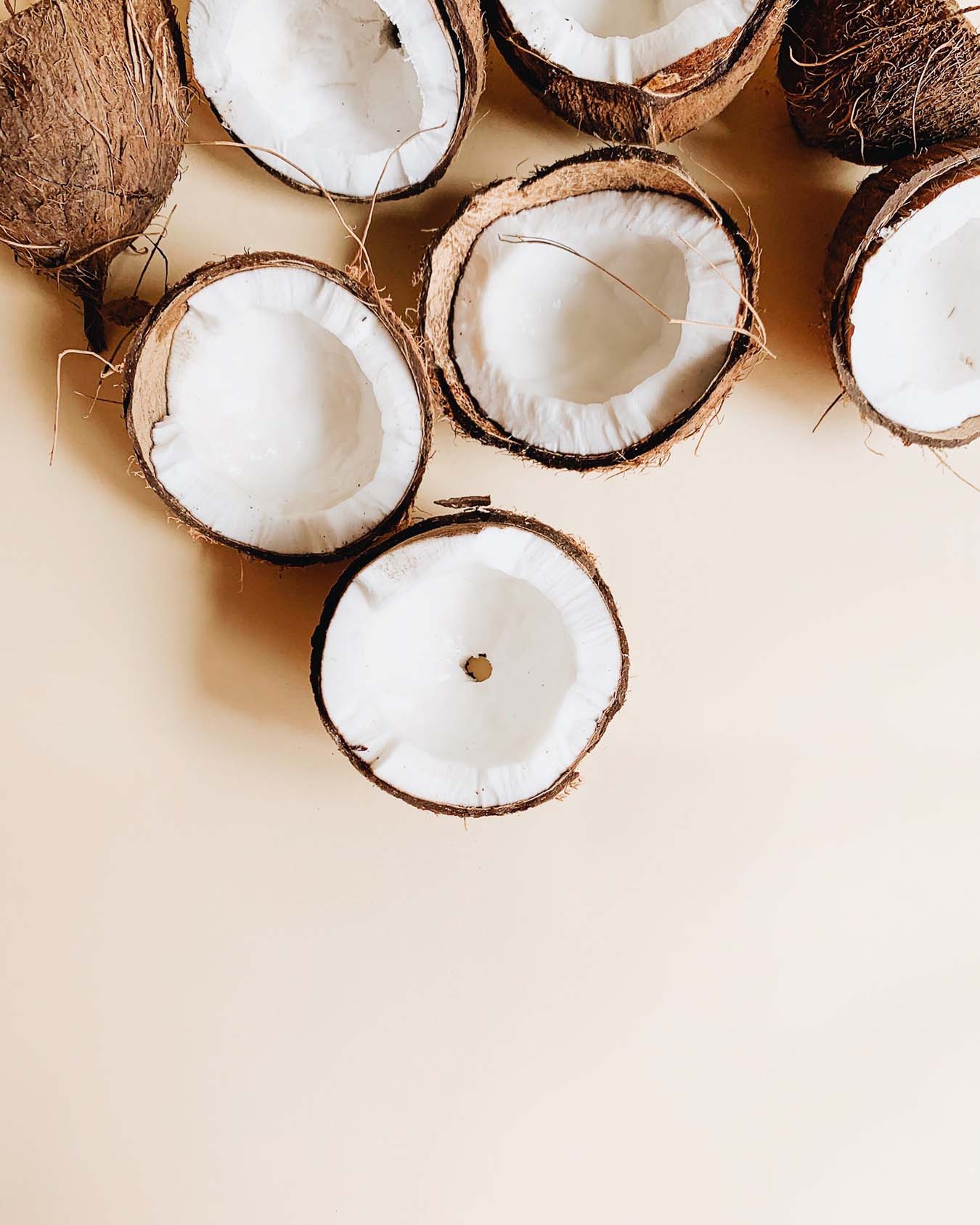
OIL PULLING
Almost all of us have already heard about the positive effects of oil-pulling or have already tried it out. Oil pulling, like many other wellness- and health trends, has its origins in Ayurveda and can therefore be described as a 5000 year old practise. It is not only beneficial for getting rid of bad bacteria, it also nourishes and strengthens the teeth, the gums and oral mucosa and can easily be practised on a daily basis at home.
The technique is quite simple: After brushing your teeth, take a ¾ tablespoon of warm (room temperature) sesame or coconut oil in your mouth and swish it around for 10 minutes. After doing so spit the oil into a tissue or the toilet (not in the sink) and rinse your mouth with cold water. In any case avoid swallowing the oil since it has absorbed unwanted particles and toxins.
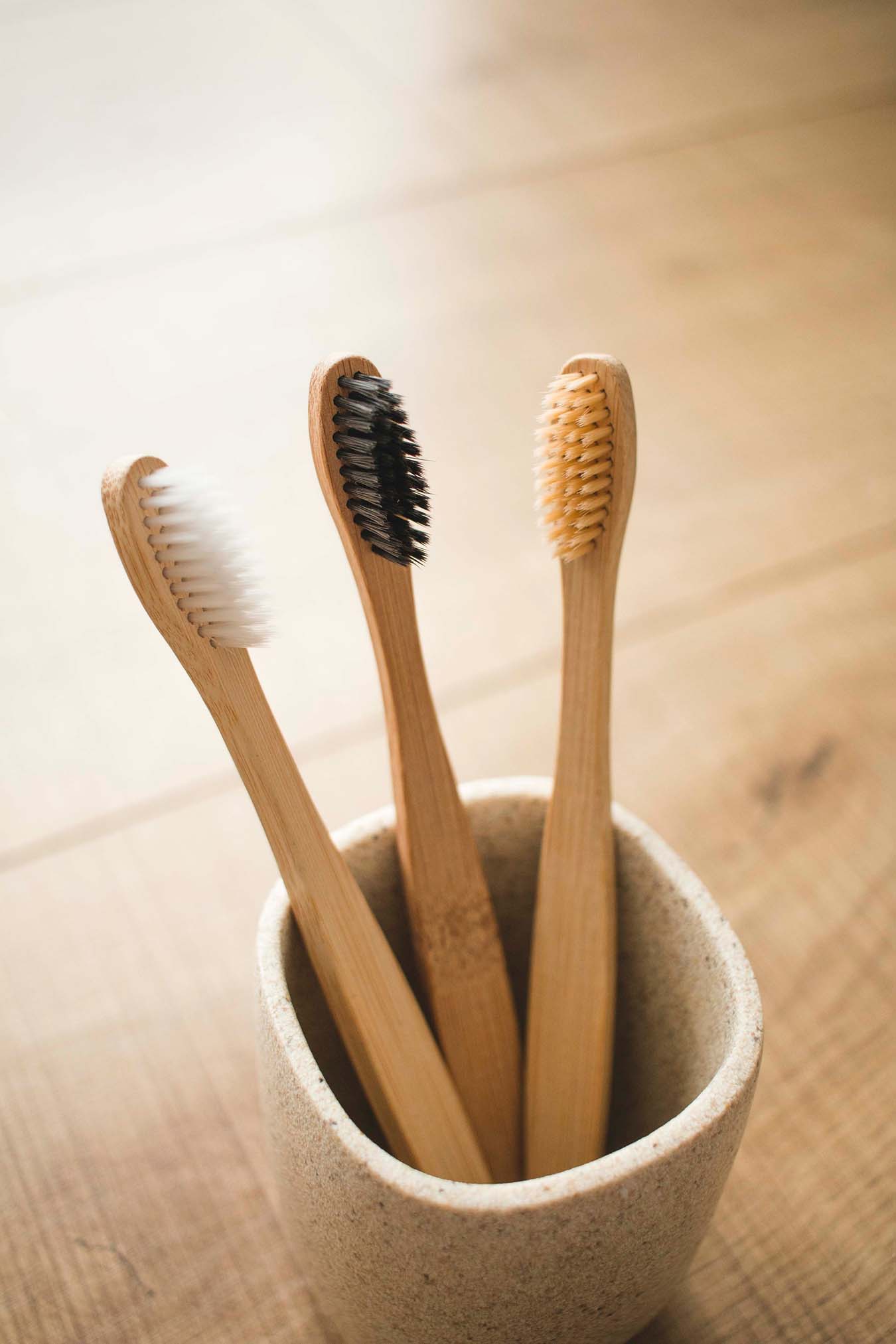
TONGUE SCRAPING
Beside oil pulling tongue scraping is another useful and strongly recommended technique to maintain health as it helps to get rid of harmful bacteria and toxins that have accumulated on the tongue during the night. Furthermore, it stimulates the digestive system and improves overall health – an easy technique with many positive effects for the body so to say.
To benefit the most of this technique use a tongue scraper – best made out of stainless steel as it is suitable for all three doshas – after oil pulling and scrape your tongue carefully from back to front. Finally, rinse your mouth with cold water to rinse out toxins and bacteria.
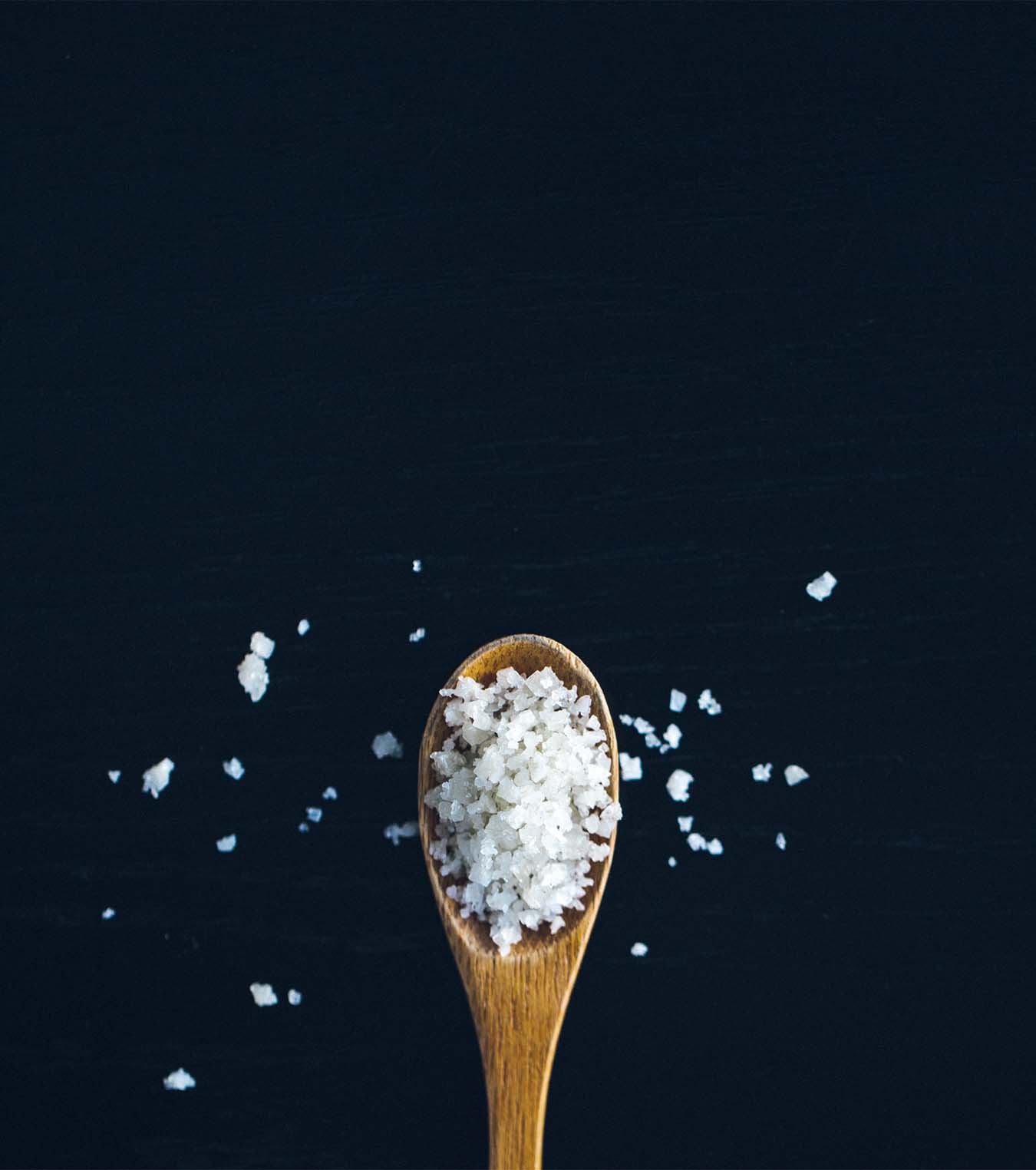
NASAL IRRIGATION
According to Ayurveda the nasal irrigation can help us to stay free of colds all year round, prevent allergies and enhance our overall well-being. So it is really worth to use this simple remedy on a daily basis and support our respiratory health.
To do it at home dissolve 3 g (approx. 1 plain teaspoon) sea salt in 300 ml lukewarm water and pour it into a so called neti pot or a professional nasal irrigation system. Tilt the head forward and to the side and pour the solution into one nostril so that it rinses out at the other nostril to clear the nasal passages and sinus of excess mucus, toxins and debris (pollen, dust, etc.) – the best way to do so is to do about 6 repetitions (approx. 5 seconds per), alternating each nostril. If your nose feels dry after the irrigation you can moisturise your nostrils with a bit of sesame oil – carefully applied with your small finger. Used on a daily basis, you will soon realise how your well-being increases.
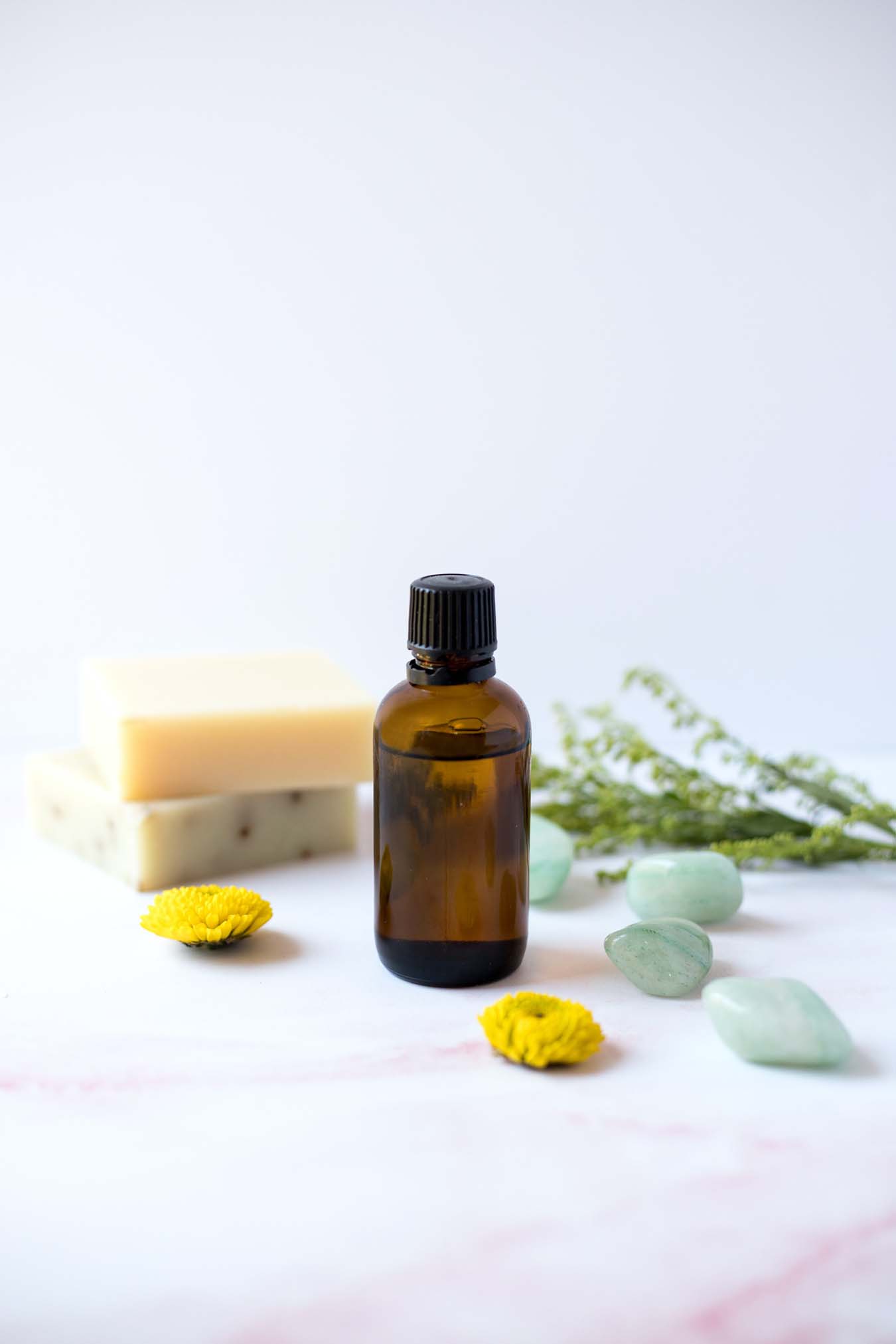
SELF-MASSAGE (ABHYANGA)
Abhyanga is a massage with oils (VATA and PITTA) or a Garshan clove (KAPHA) that can be performed on one's self or loved ones on a daily basis. With its many positive benefits to the nervous system, the tissues and the circulation, it nourishes the body and calms the mind.
Abhyanga should be practised each day in the morning before taking a shower or bath and can be easily done at home: Just use 3 tablespoons of lukewarm oil (Sesame oil for VATA, Coconut or sunflower oil for PITTA) or a Garshan clove (KAPHA) and start the massage without pressure – just let the weight of your hands slide over the skin – on the head. Continue with the ears and face and go on with the entire body. Massage the joints clockwise with circling movements and strive the other body areas out. Take your time for the self massage, enjoy it and feel the positive impacts on your body and mind.
Even though Ayurveda recommends regularity for the rituals it is important to avoid any stress. So if you have got a lack of time, your menstruation or feel sick you should not practise Abhyanga since it is an integrated cleaning of the body that needs some time. So whenever you feel sick or face stress feel free to skip the self massage and enjoy it the next day with full awareness. Used on a regular basis, you will soon realise the benefits for your well-being and health and make this massage to a daily ritual.

